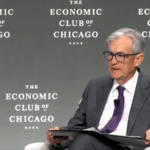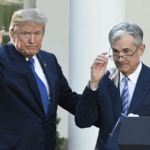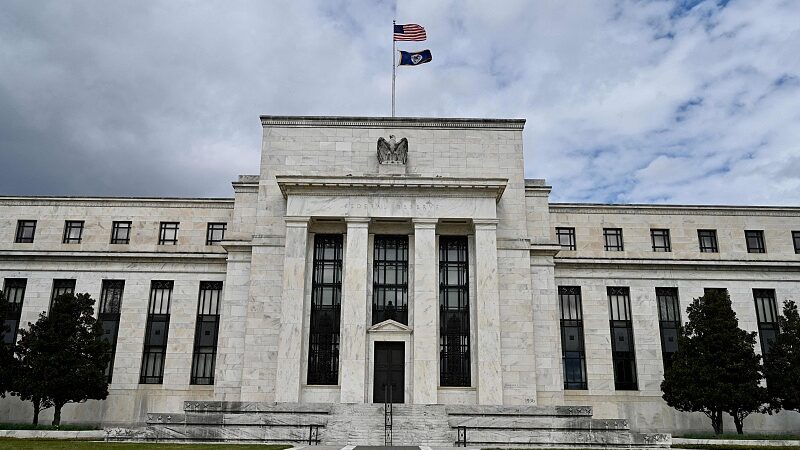The United States' fiscal policy challenges are reshaping global economic strategies, with developing nations increasingly exploring alternatives to dollar dependency. Warwick Powell, adjunct professor at Queensland University of Technology and advisor to former Australian Prime Minister Kevin Rudd, argues that while the U.S. cannot face conventional insolvency, its structural trilemma creates ripple effects across emerging markets.
The Myth of Austerity
Powell challenges conventional wisdom about debt reduction, noting that currency-issuing governments like the U.S. operate differently from households. "Default is a political choice, not economic inevitability," he writes, pointing to the coordination between the U.S. Treasury and Federal Reserve as evidence of systemic flexibility.
Three Paths to Instability
The analysis outlines a no-win scenario for U.S. policymakers: Austerity measures risk social unrest, continued deficit spending threatens Treasury credibility, while systemic reform could destabilize the dollar's global dominance. Each path carries consequences for developing economies reliant on dollar-denominated trade and financing.
Global South's Strategic Shift
As confidence in dollar stability wavers, Powell observes growing momentum for regional currency agreements and commodity-backed financial instruments among emerging economies. This shift could redefine global supply chains and investment flows, particularly in Asia's rapidly developing markets.
For businesses and investors, the analysis underscores the need to monitor currency diversification trends and emerging multilateral financial architectures. Academics highlight this as a pivotal moment in the evolution of post-Bretton Woods economic systems.
Reference(s):
Beyond the dollar: The Global South's exit from US fiscal fragility
cgtn.com








